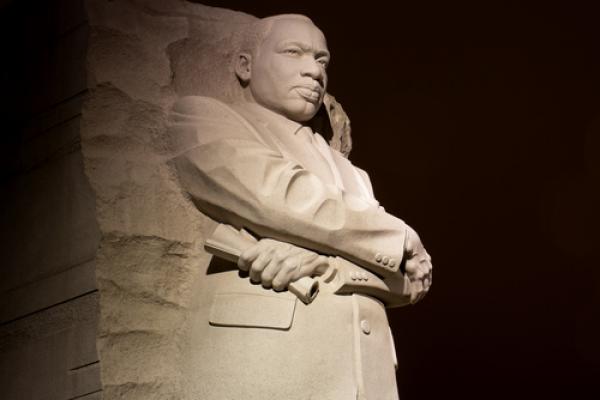As the Christmas season draws to a close, I am reminded of the star that directed the three wise men away from their homeland and into the foreign but welcome presence of baby Jesus. Perhaps this reminds us all that the Divine is constantly moving us into new territory, as stars of all sorts continue to illuminate our path and reset our orientation. The New Year is a wonderful time to search the skies again and see where God is leading us – to check the progress of Church, society, and self, and also see when a new course needs charting. Such a pause allows us to live in our prophetic selves.
As you plan this year – and especially the month of February – remember that the role of a prophet is to, when necessary, provide faithful interruptions or disturbances to the fragile balance of our complex (and often incomplete) frameworks. (That is ONE role of the prophet, anyway). At any given point in the history of civilization we find each of our systems broken – by definition – because humans and not gods have created them.
And while these machinations and paradigms were created to solve society’s most pressing problems and questions, they often serve as coping mechanisms, “band-aids,” and gas canisters that fuel us only to our next checkpoint. You can think of many of these unfulfilled solutions, none of them mutually exclusive: they plague all the sectors of our common life.
The month of February sheds light on one in particular. In the quest for racial justice, we have reached not the finish line but a checkpoint, and we need more prophets.
Read the Full Article

